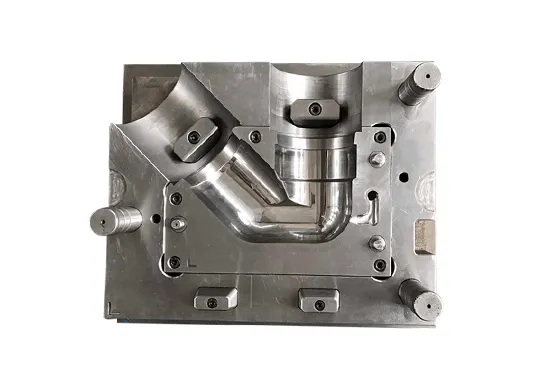
PVC (Polyvinyl Chloride) molds are essential tools in manufacturing products made from PVC, a versatile thermoplastic polymer widely used in various industries. PVC is valued for its durability, chemical resistance, and adaptability, making it suitable for diverse applications ranging from construction materials to consumer goods. PVC molds are designed to shape molten or softened PVC into specific forms, utilizing processes like injection molding, blow molding, or vacuum forming. These molds must be engineered with precision to ensure consistency, quality, and efficiency in production.
PVC molds are employed in a wide range of applications due to the material’s adaptability and cost-effectiveness. In the construction industry, PVC molds are used to produce pipes, fittings, siding, and window profiles, which are prized for their durability, weather resistance, and ease of installation. The automotive sector utilizes PVC molding to create interior trims, gaskets, and protective coverings, benefiting from the material’s flexibility and resistance to wear.
In consumer goods, PVC molds enable the production of items like household containers, toys, and footwear components, leveraging the polymer’s lightweight yet robust nature. Additionally, the medical field benefits from PVC’s biocompatibility and moldability, using it to produce medical tubing, blood bags, and other critical devices.
The versatility of PVC molds ensures their relevance across industries, where they enable the creation of products that are durable, cost-effective, and tailored to specific needs. With advancements in mold design and processing technologies, the applications of PVC molds continue to expand, offering innovative solutions to modern manufacturing challenges.

